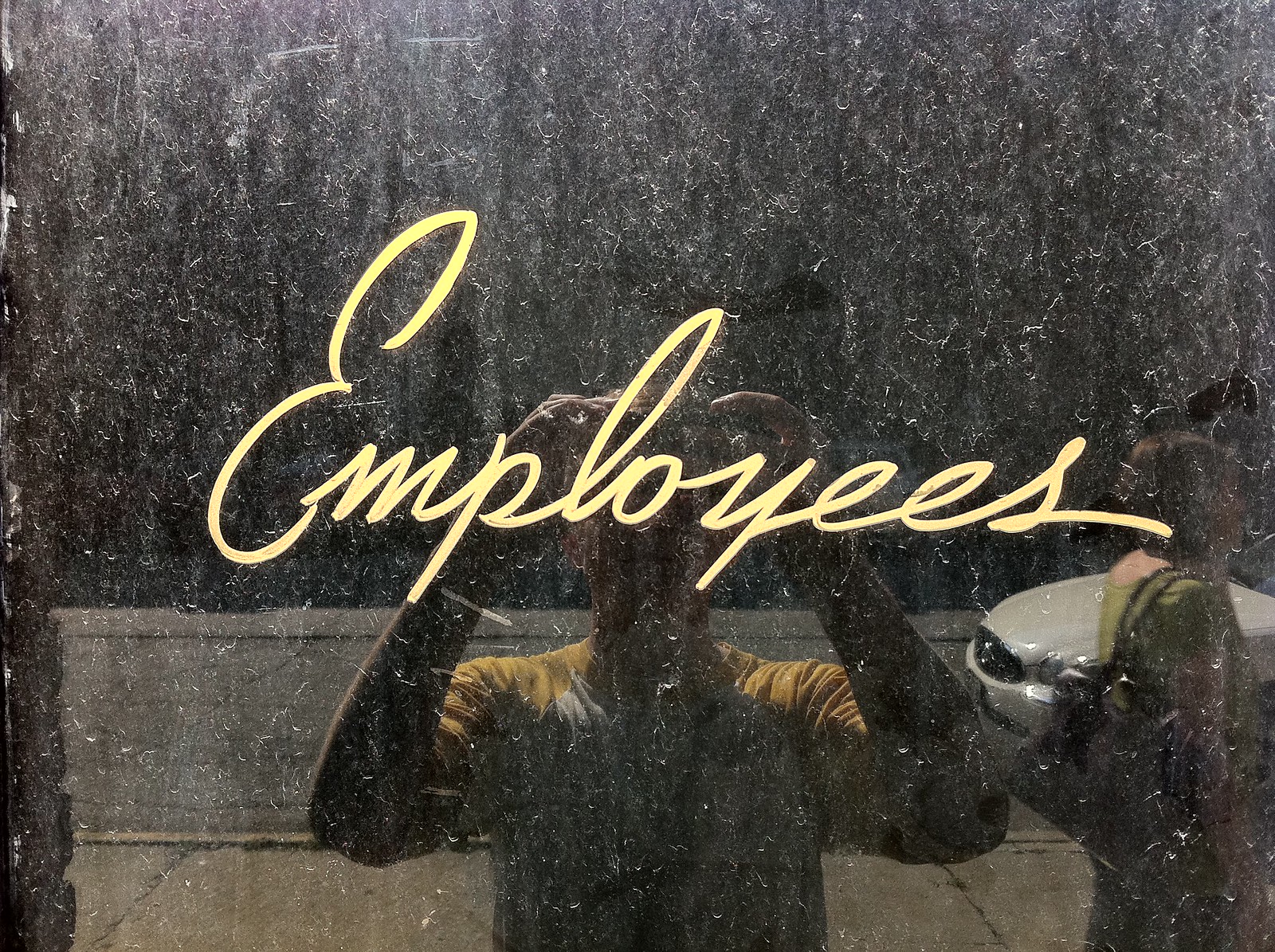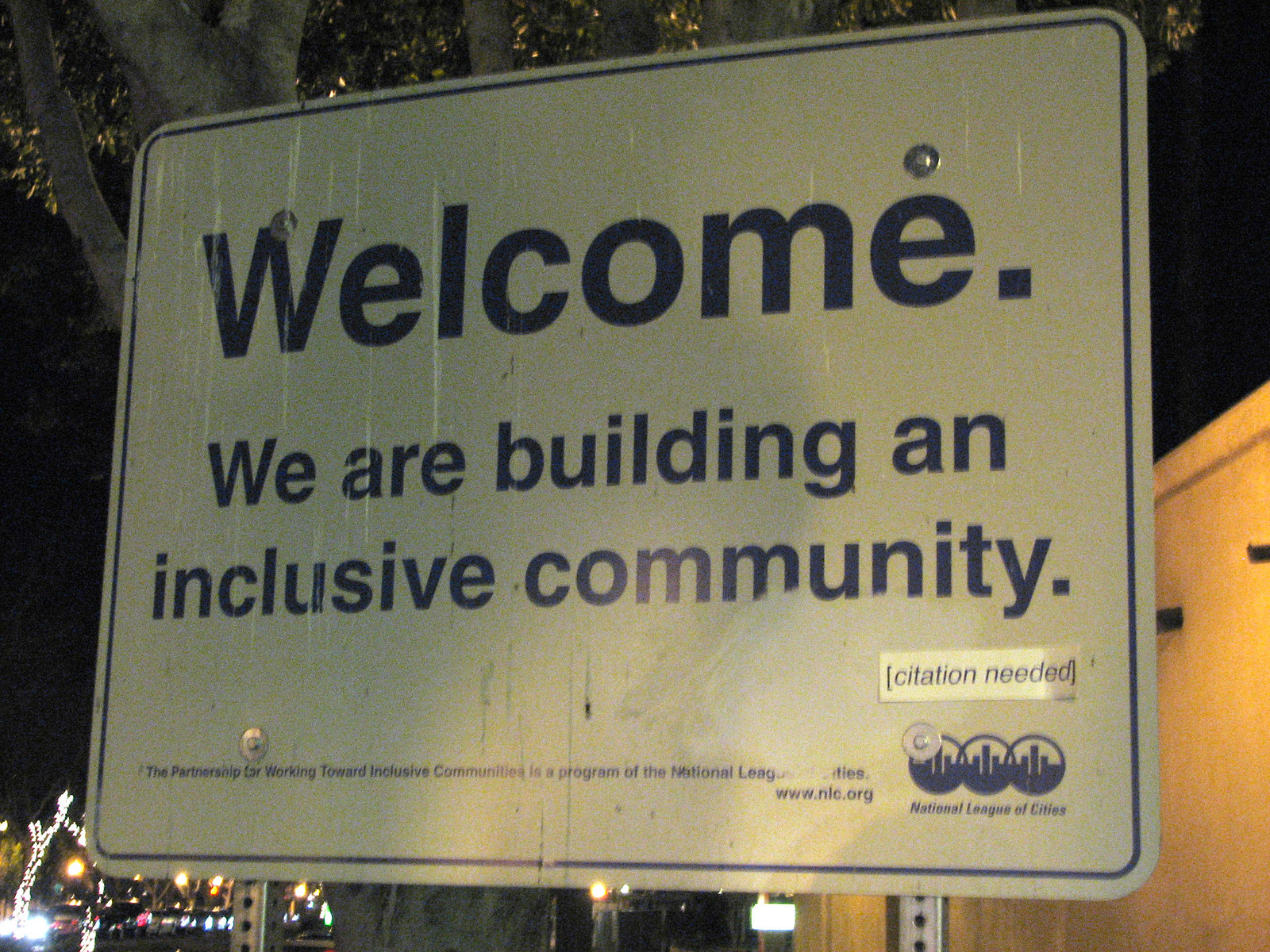
Is your employee engagement strategy right for 2021?
June 25, 2021
Three apps that are making customer experience more inclusive
July 6, 2021We’re going 100mph. But, we have no rules of the road and we need them – Interview with Ben Pring of Cognizant
Today’s interview is with Ben Pring, who is the head of thought leadership at Cognizant, co-founded and leads Cognizant’s Center for the Future of Work, and is a member of Cognizant’s Executive Leadership Team. Ben joins me today to talk abut his new book, that he co-authored with his colleague Paul Roehrig, called: Monster: A Tough Love Letter On Taming the Machines that Rule our Jobs, Lives, and Future, why we can’t cede control of technology to technologists, can we afford to wait for governments to fix tech’s problems, the declarations that the book makes as part of its manifesto, which ones apply to customer and employee experience professionals, what happens if we don’t take action, what’s our window of opportunity and what we should be doing and thinking about right now.
This interview follows on from my recent interview – Diversity, combating bias in AI and why everything is an input – Interview with Deon Nicholas of Forethought — and is number 394 in the series of interviews with authors and business leaders that are doing great things, providing valuable insights, helping businesses innovate and delivering great service and experience to both their customers and their employees.
Here’s the highlights of my chat with Ben:
- Increasingly, we’re becoming more and more conscious and anxious about the downside of AI, social media, automation, algorithms etc.
- We’ve spent the last 25 years laying the tarmac for Al Gore’s Information Superhighway (aka the internet) and in 2021, we’ve got this incredibly amazing road that we’re all going 100 miles an hour down. But, we don’t have any red lights, we don’t have any traffic lights or any roundabouts or any stop signs.
- It’s time for us to acknowledge that we need to put in place the rules of the road for the next 25 years.
- People who love technology have to step forward to acknowledge the issues rather than run away from them.
- We also draw parallels in the book with the way that atomic energy is managed the UK, by the UK Atomic Energy Authority, that’s a multidisciplinary, non technology centric oversight board that manages this technology developed by scientists. The crucial point is that it’s management is not left to the scientists alone.
- We need to manage technology in a responsible way to keep it in good place.
- However, we also need to be much more responsible individually in the way we interact with technology.
- The ordinary civilian just getting on with their lives still doesn’t really understand what’s at stake here.
- They don’t really understand what is happening by their ceding of any notion of privacy or security or agency in the way their data is being used.
- We are calling for the creation of a Federal Technology Administration (a bit like the Food and Drug Administration (FDA)) in America.
- There’s a game going on, which is the biggest game in town now, and there’s no rules, there’s no referees, there’s no judges.
- I think there’s also a role for organizations and brands to play in terms of exercising agency on behalf of their both their employees, customers and other stakeholders. And, Apple is trying to play that out versus doing what Facebook is doing.
- The book contains a manifesto that contains eight declarations that we believe will make up a better world and for better tech.
- The most fundamental part of the manifesto is in essence the oldest rule known to mankind: The Golden Rule – do unto others as you would have done done unto you.
- That applies at an individual level, at a business level and at a commercial level as well.
- A lot of insurance companies are thinking quite deeply about this. They haven’t really operationalized a lot of this yet and they haven’t really put a lot of it into practice. The reason behind their lack of movement is because they are very, very nervous and anxious about the absence of ethical, legislative and regulatory frameworks but also societal mores. So, they’ve sort of held back from operationalizing this because they want to go slowly to ensure that they don’t end up on the wrong side of this.
- Many companies are falling foul of the golden rule and are being hypocrtical. They don’t want to be tracked themselves and don’t want their data to be scraped and used by somebody else. But, they are doing to their customers. That’s a pretty uncomfortable and unsustainable position to be in.
- The timeline/window of opportunity to change is probably shorter than people imagine.
- If enough people of goodwill, enough people who love technology, people like us step up and say we’ve got to grapple with these difficult issues and we’ve got to put in place the rules of the road, then, hopefully, in 10 or 20 years time things will be okay.
- There’s a famous phrase from a Italian philosopher of the 1930s, Antonio Gramsci who said he was a “Pessimist of the intellect and an optimist of the will.”
- The G7 countries are going to be replaced by the D7 countries, the digital seven countries. And, perhaps one of those countries will be the Republic of Facebook.
- Ben’s Punk CX word(s): Authenticity, Energy, Rawness, Immediacy, Back to Basics.
- Ben’s Punk CX brand(s): 37Signals (now Basecamp) and Box.
About Ben
 Ben Pring is the head of thought leadership at Cognizant, co-founded and leads Cognizant’s Center for the Future of Work, and is a member of Cognizant’s Executive Leadership Team. Ben is a co-author of the best-selling and award-winning books, What To Do When Machines Do Everything (2017) and Code Halos; How the Digital Lives of People, Things, and Organizations are Changing the Rules of Business (2014). His latest book, Monster: A Tough Love Letter On Taming the Machines that Rule our Jobs, Lives, and Future was published in March 2021 and was a Financial Times Book of the Month.
Ben Pring is the head of thought leadership at Cognizant, co-founded and leads Cognizant’s Center for the Future of Work, and is a member of Cognizant’s Executive Leadership Team. Ben is a co-author of the best-selling and award-winning books, What To Do When Machines Do Everything (2017) and Code Halos; How the Digital Lives of People, Things, and Organizations are Changing the Rules of Business (2014). His latest book, Monster: A Tough Love Letter On Taming the Machines that Rule our Jobs, Lives, and Future was published in March 2021 and was a Financial Times Book of the Month.
In 2018 Ben was a Bilderberg Meeting participant. Ben sat on the advisory board of the Labor and Work Life program at Harvard Law School between 2017 and 2020. Ben was named as one of 30 management thinkers to watch in 2020 by Thinkers 50. He was recently named a leading influencer on the future of work by Onalytica.
Ben joined Cognizant in 2011, from Gartner, where he spent 15 years researching and advising on areas such as Cloud Computing and Global Sourcing. In 2007, Ben won Gartner’s prestigious Thought Leader Award. Prior to Gartner Ben worked for a number of consulting companies including Coopers and Lybrand.
Ben’s expertise in helping clients see around corners, think the unthinkable, and calculate the compound annual growth rate of unintended consequences has made him an internationally recognized expert on leading edge technology and its intersection with business and society. His work has been featured in the Harvard Business Review, the Wall Street Journal, the Financial Times, the London Times, BBC’s News Night, BBC World Service, PBS’s News Hour, NPR’s On Point, the Drucker Forum Report, Business Insider, Forbes, Fortune, The Sun, the MIT Review, the Daily Telegraph, the Daily Mail, Parade, the Times of India, Quartz, Inc., Axios, the Australian, and the Economic Times.
Based near Boston since 2000, Ben graduated with a degree in Philosophy from Manchester University in the UK where he grew up.
Grab a copy of Paul and Ben’s book: Monster: A Tough Love Letter On Taming the Machines that Rule our Jobs, Lives, and Future, check out Cognizant and their Center for the Future of Work. Finally, say Hi to them all on Twitter @Cognizant, @CognizantThink and @benjaminpring and feel free to connect with Ben on LinkedIn here.




